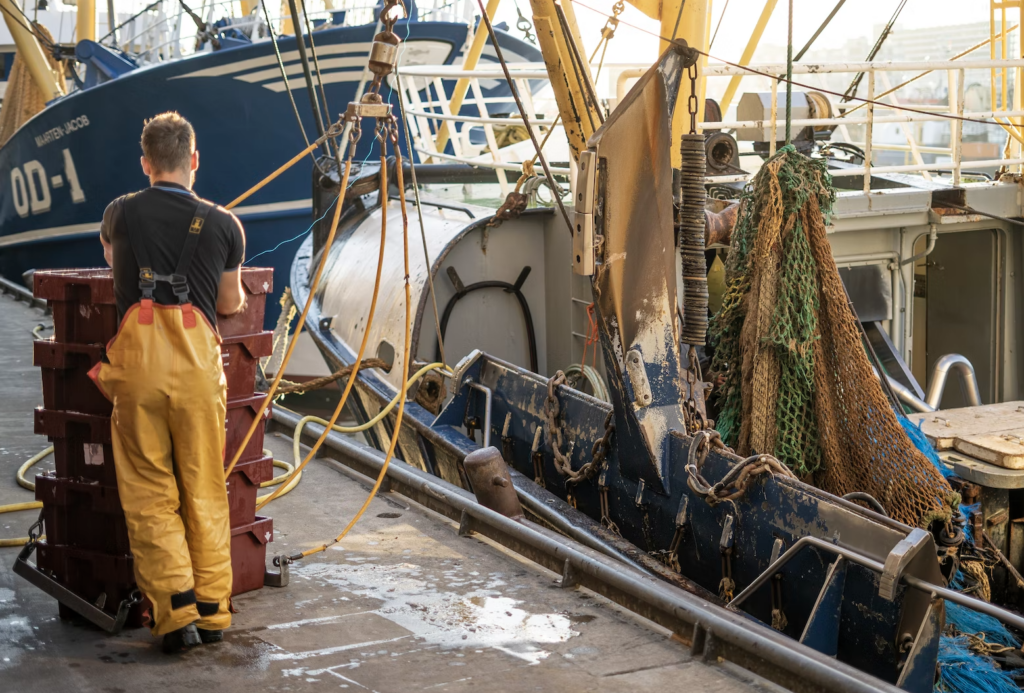All Fishermen Will Soon Be Out Of A Job In One State?
The Alaska Department of Fish and Game announced to fishermen that they can not fish for red king crabs or snow crabs during this year's harvest season due to concerns over sustainability, conservation, and the health of those crab species' population.
This article is more than 2 years old
The holidays are just around the corner, which means good food and lots of it. Unfortunately, hosts may have to plan a different main course this year. And the reason is that some Alaska fishermen just received news their harvest season will not be happening.
Fishing in Alaskan waters is dangerous business. But the prize is rewarding. The best seafood and finfish come from those cold and turbulent waters.
The job is so tough that Discovery Channel developed the show Deadliest Catch. It documents the perils Alaskan king crab fishermen face on the Bering Sea. And it has wowed viewers since 2005.
Now, those same fishermen face the worst news possible. The Alaska Department of Fish and Game officially closed this year’s harvest season in two areas. In Bristol Bay, the red king crab harvest is closed for the second year.
And the snow crab harvest in the Bering Sea is closed for the first time in history. The Department of Fish and Game made the announcement on Monday. They cited concerns about sustainability, conservation, and population as the reason for the closures.
That news is devastating to the fishermen in Alaska, many of whom come from a long line of commercial fishermen. Some operations are large, and some are relatively small as newcomers on the scene. But all rely on the crabbing season to make ends meet the rest of the year.

A local news outlet, King5, spoke with Bri Dwyer, a Commercial Fishing photographer. Her husband is Captain Sean Dwyer, one of the stars of the Deadliest Catch. He comes from deep fishing roots and is a 5th generation fisherman.
Bri Dwyer told the outlet, “That type of lifestyle takes a certain type of person and a certain type of drive that’s really inspiring.” She went on to say that there is another type of crab they will consider harvesting. “There’s a small Bairdi season, a little over 2 million pounds and we need to see if it makes sense for our boats.”
But that requires specialized equipment. There are only a handful of boats in the larger Alaska Bering Sea Crabbers (ABSC) fleet. Overall, there are 60 vessels in the fleet.
The ABSC Executive Director, Jamie Goen, expressed just how heartbreaking the news was for its fishermen. She said, “Many of them are small family businesses, second and third-generation fishermen and they are losing their jobs, it’s simply devastating.” Some of those businesses will not survive the closure without help.
So they will request emergency relief, similar to what is given to farmers when crops fail. But the financial loss is not the only important thing this group will lose. It is also their way of life and one they love dearly.
According to Bri Dwyer, “as fishermen, we are stewards of the resource and the oceans and we do care tremendously.” They recognize that the population has dwindled over the years but will recover over time. The only question is whether these lifelong fishermen will still be in business once the seas open up.



